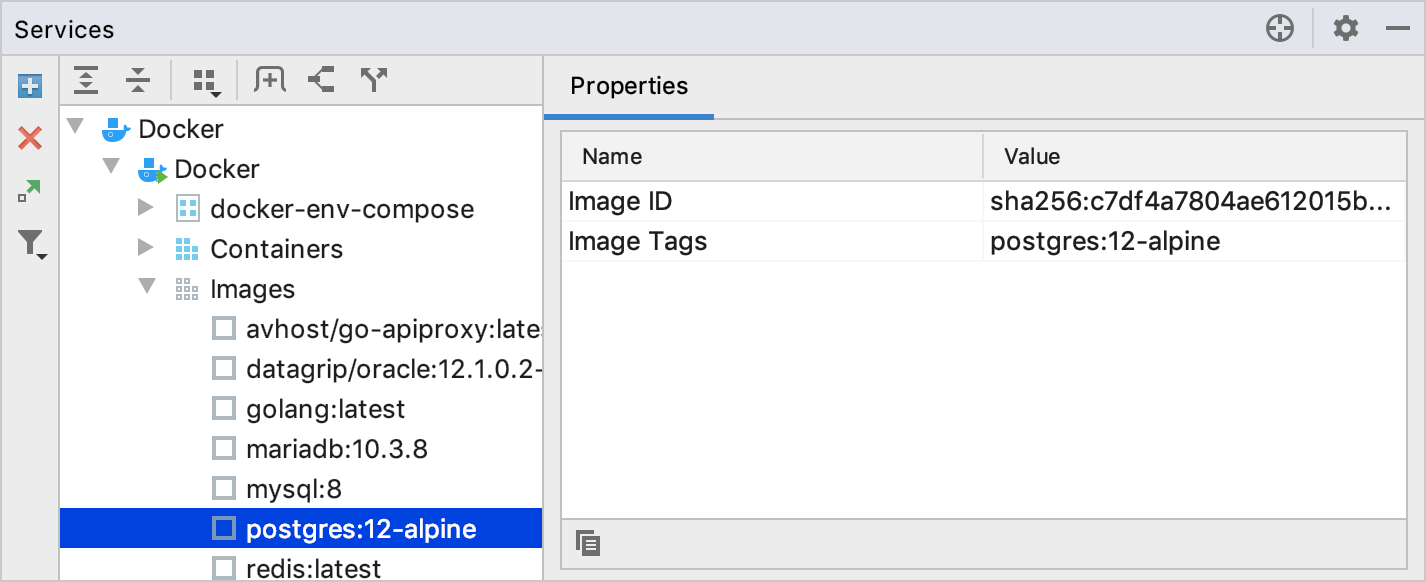

For communication between containers, Docker provides a solution through user-defined bridge networks, which you probably should be using if you have multiple containers talking to each other.Ĭontainers added to non-default networks will be able to access each other through their alias, which will resolve to the private IP automatically. However, IP addresses are ephemeral, and can break easily when containers are stopped and started. This is the primary use case of accessing a container directly through its IP address, but you should probably still just bind a port (you can keep it closed from the internet in your firewall). You can also use this address to communicate from the host OS if you don’t want to bind a port. This can be turned off for true isolation, but it isn’t by default. Containers launched by default will be placed in the default “bridge network,” and are allowed to communicate with other containers directly, provided you have their private IP address. Consider Using a User-Defined Bridgeĭocker networking is a little complicated. But, to communicate, you’ll often need to know each container’s IP address, which you can find with a few commands. I would think you could define the “port” for a container and give it a host IP address to use for binding.Docker containers aren’t just about isolation-they’re often used to manage processes that still need to talk to each other directly. We always assume (but isn’t always the case) that docker-compose follows docker run and that every docker run command is available to use in a docker-compose file. You could then run multiple other containers on different host IPs using the same port (i.e. In docker run you can define a port binding with -p and you can give it a host IP as well. Using “volumes_from” implies that the containers will be scheduled on the same engine node, and defining “ports” will prevent containers using the same ports to be on the same host, essentially mutually excluding them from the same engine node. In a swarm cluster, you can use compose to explicitly define a “constraint” on which docker engine a container will be scheduled. You can also explicitly or implicitly tell docker where to schedule containers. For example if you were running a webserver behind a reverse proxy, you could let docker choose random ports for the webserver and then use consul to register the service and notify your load balancer what ephemeral ports the service is available on. You could run your services on alternate random ports and let a service discovery/registration mechanism notify upstream resources where the service is located. Thanks for the comment! There are a few things to consider. This entry was posted in Docker and tagged docker, docker-compose by ForDoDone. Here’s a sample of how you might define a static IP address in docker-compose.yml that would work using docker-compose 1.7.0 In this case I decided to keep the 1.6.2 docker-compose binary along with the 1.7.0 docker-compose binary, then create a symlink to the one I wanted to use as the active docker-compose

Lrwxrwxrwx 1 root root 31 Mar 30 08:38 docker-compose -> docker-compose-1.7.0dev_85e2fb6 # ln -s docker-compose-1.7.0dev_85e2fb6 docker-compose Luckily, this has already made it into mainline dev for Compose and is earmarked for release with the 1.7.0 milestone (which should coincide with Engine 1.11). I guess we can think of Engine as being upstream of Compose, so some new Engine features take a while to make it into Compose. Unfortunately, Docker Compose (1.6.2) did not support this option. This allows you to define a static IP address for a container at run time. In Docker Engine 1.10 the docker run command received a new flag namely the -ip flag.
#Kemetic docker ip port full
This was not a cascaded need where successor containers learn predecessors’ IP addresses, but more like a full mesh. Recently, I was working on a very edge-case multi-container application where every container needed to know (or be able to predict) every other containers’ IP address at run time.
#Kemetic docker ip port registration
If proper service discovery and registration is configured, we just launch containers as needed and they make it into the application ecosystem seamlessly. Usually, when launching Docker containers we don’t really know or care what IP address a specific container will be given.


 0 kommentar(er)
0 kommentar(er)
